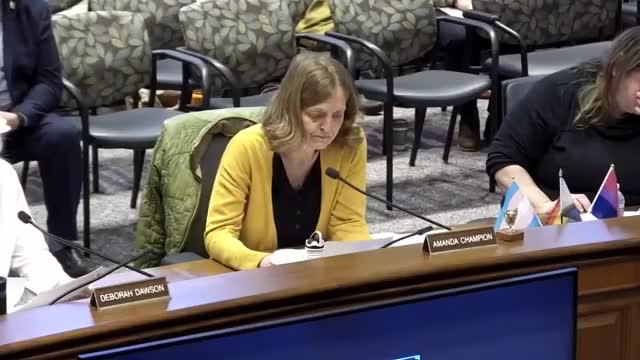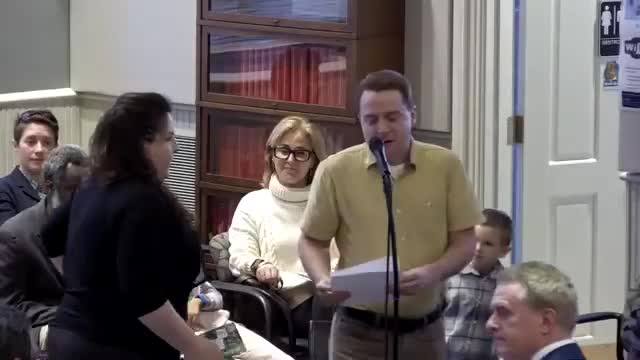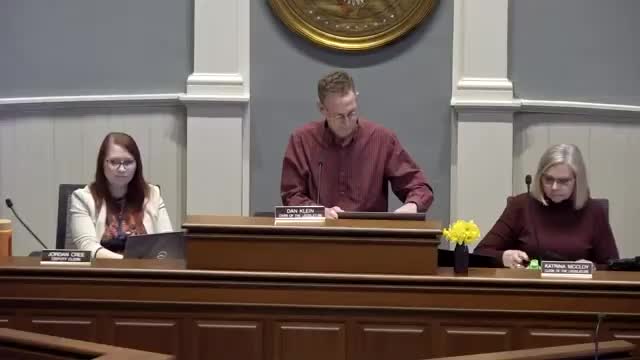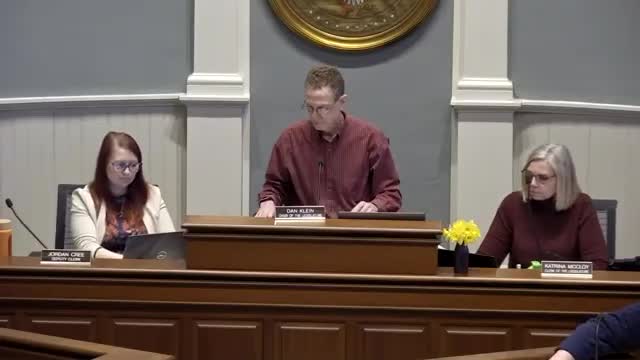Article not found
This article is no longer available. But don't worry—we've gathered other articles that discuss the same topic.

Tompkins County legislature schedules special election, orders NYSEG audit and approves airport chargers in unanimous votes

Legislature hears NAMI and REACH presentations; approves one‑year outreach worker pilot funded with city and county support

Public commenters and legislators debate roadblocks and protest policing; county committee to consider a statement

